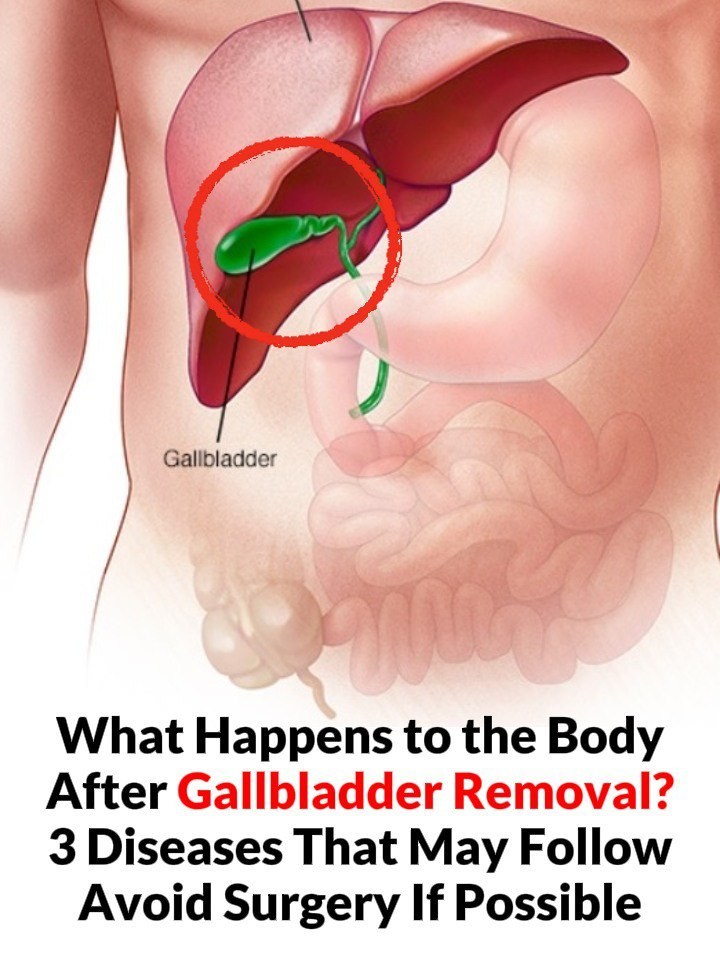Having your gallbladder removed can feel like a big deal — after all, it’s part of an important digestive system. But many people go on to live healthy, normal lives. Still, it’s helpful to know how your body adapts, what potential effects you might notice, and how to make the transition smoother.
🟩 What’s the Gallbladder’s Role (and What Changes After It’s Gone)
What did the gallbladder do?
-
The gallbladder stored bile — a fluid your liver produces — and released it into the small intestine when you ate, especially fats. This helped digest fats efficiently and absorb fat‑soluble nutrients. MEH+2Verywell Health+2
-
When functioning normally, it acted like a “reservoir,” regulating how much bile entered the intestines and when. bupa.co.uk+1
What happens when it’s removed (Cholecystectomy)
-
Without a gallbladder, your liver still produces bile — but instead of being stored, bile flows directly and continuously into the small intestine. Cleveland Clinic+2Verywell Health+2
-
Over time, many people’s digestive systems adapt. Fat digestion may become a bit less efficient at first, but often stabilizes. Cleveland Clinic+1
-
For most, the absence of the gallbladder doesn’t prevent a normal, healthy life. MEH+1
✅ Potential Benefits — And Why Many People Feel Relief
Removing the gallbladder typically solves problems that existed before surgery, such as painful gallstones or chronic inflammation. Wikipédia+2Cleveland Clinic+2
Common improvements include:

